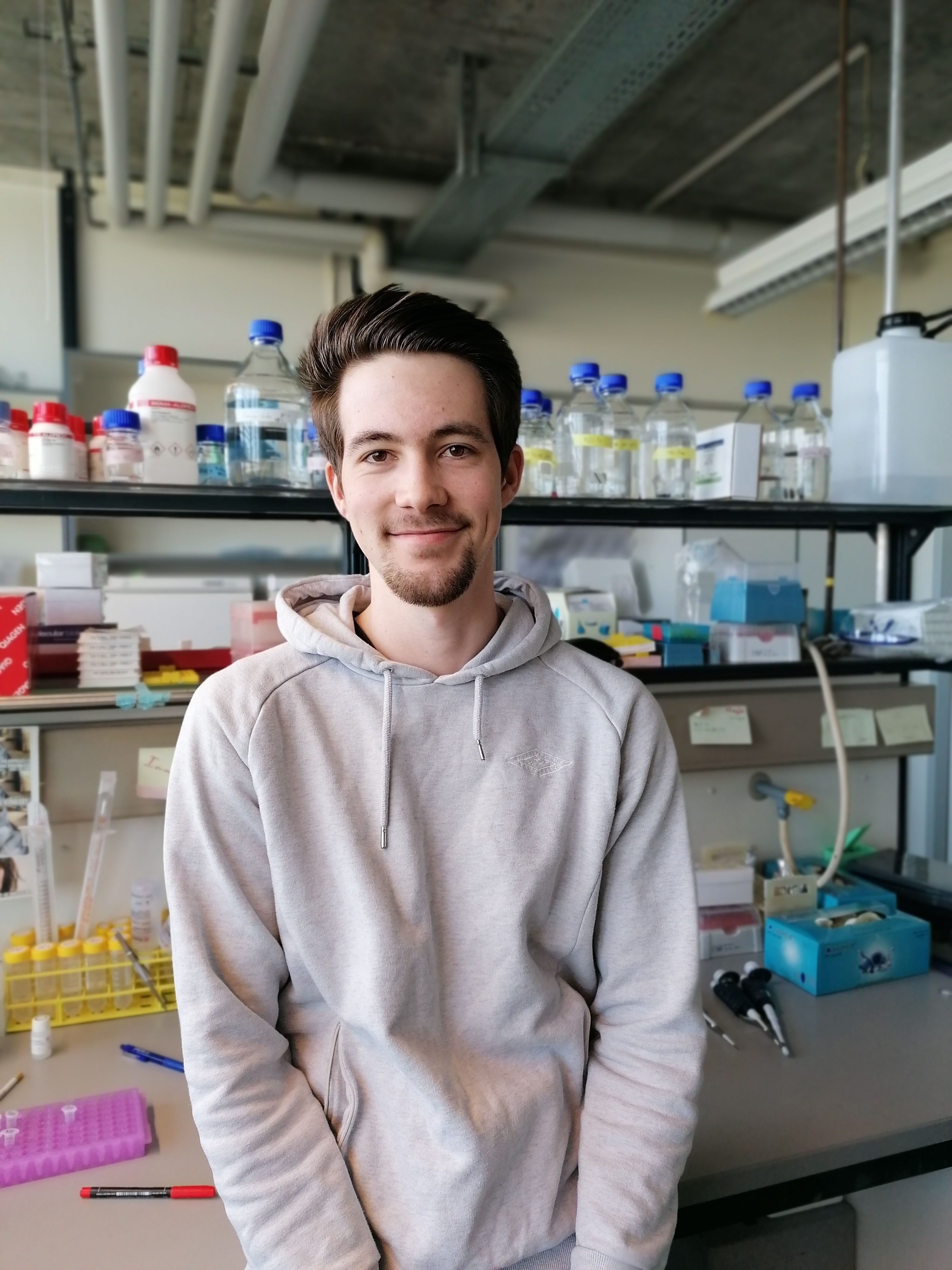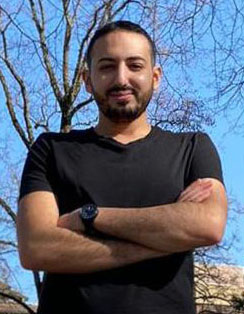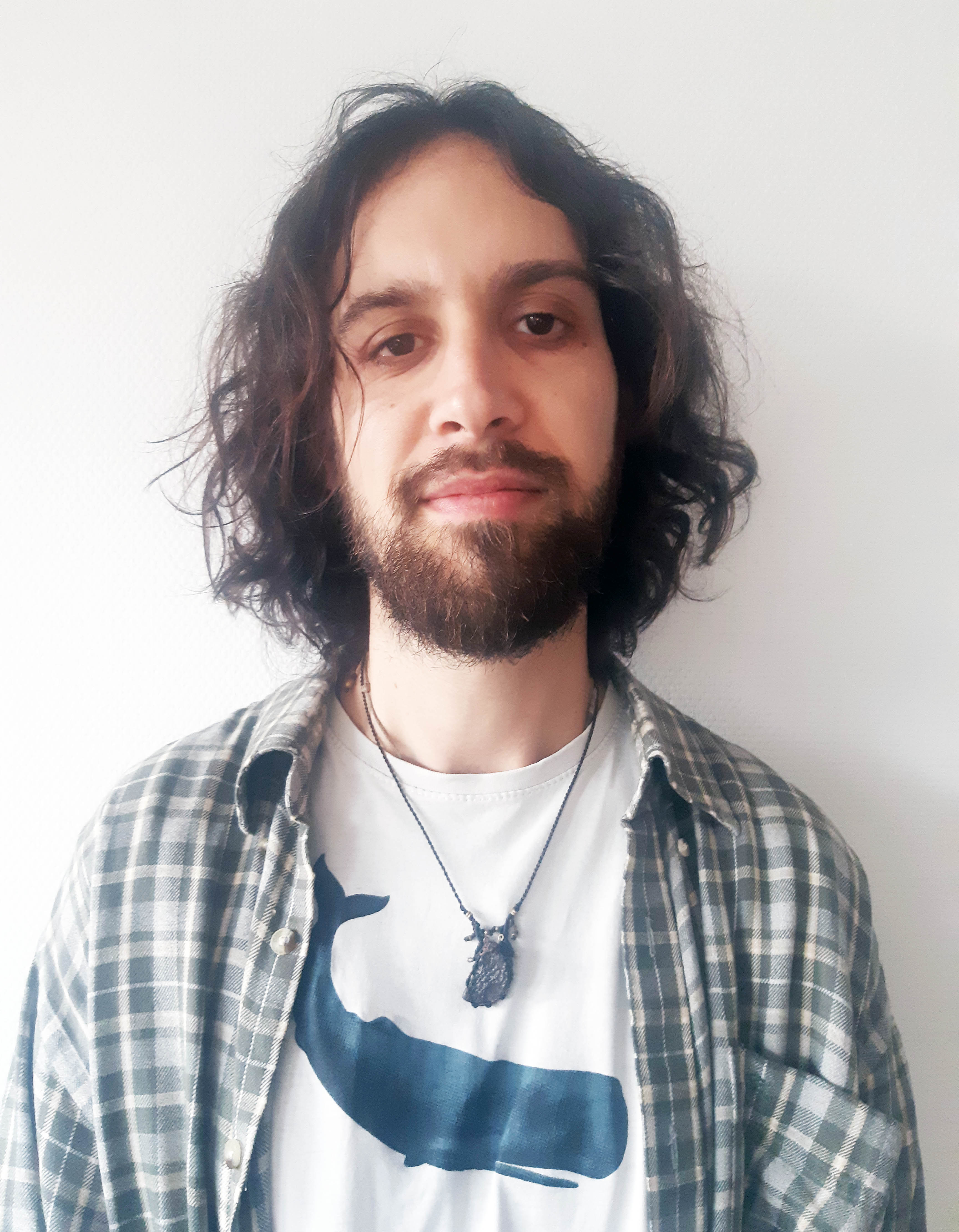An adequate balance between energy supply and energy expenditure is essential to ensure a healthy life. To maintain this energy homeostasis, the brain is engaged in continuous dialogue with peripheral tissues to regulate the fraction of energy that enters (i.e., food intake) and leaves (i.e., energy expenditure) the organism. The reliability of this regulatory system is contingent on the adequate sensing and integration of metabolic signals by the brain. These metabolic signals –which include hormones and nutrients- convey information about the nutritional status and body energy stores and allow the brain to respond to the physiological demand.
In the last decade, it has become clear that tanycytes –peculiar hypothalamic glial cells lining the bottom of the third ventricle– are in a prime position to detect variations of nutrient and hormone levels and transmit the metabolic information to neurons then. Our research aims to understand the molecular mechanisms underlying the dialogue between tanycytes and neurons, the heterogeneity of these interactions, and their functional disturbances induced by obesity. Our expertise includes neuroanatomy, gene expression profiling, and mouse physiology, focusing on energy balance and glucose homeostasis.
Fanny Langlet, Eccellenza Assistant professor
|
|
Fanny Langlet earned her Ph.D. in Neurosciences in 2013 at the University of Lille, France, where she investigated the role of tanycytes in the control of energy balance. After completing her Ph.D., Dr. Langlet worked as a postdoc at Columbia University, USA, in the Naomi Berrie Diabetes Center under the supervision of Domenico Accili (2014-2017). During this time, she studied the molecular mechanisms underlying the transcriptional and posttranscriptional control of hepatic gene expression to maintain glucose homeostasis. In 2017, Dr. Langlet got an SFNS Ambizione fellowship at the Center of Integrative genomics (Thorens Laboratory, University of Lausanne). She developed her team, focusing on the gene expression profile for tanycyte glucose-sensing. In 2020, she obtained a SFNS Eccellenza fellowship and an ERC starting grant to investigate the molecular mechanisms underlying tanycyte/neuron communication. |
Antoine Rohrbach, Lab technician
 |
Antoine is laboratory technician in Fanny Langlet’s group since 2019. He obtained a CFC degree of biology technician from the University of Geneva. He is the lab manager and works on various techniques with all the lab members.
|
Tamara Deglise, lab technician
David Celeny, Master student
 |
David obtained his bachelor’s degree in Biomedical Sciences at the University of Geneva in 2020. He then carried on his education by pursuing Msc studies also in Biomedical Sciences at UNIGE. As a part of his Master’s thesis and to discover the field of scientific research, he joined Prof. Fanny Langlet’s lab to learn more about Tanycytes and their role in the regulation of food intake and energy balance. |
Rafik Dali, PhD student
 |
Rafik obtained his Bachelor in Biology at Sorbonne-Université and his Master in Neurosciences at Université Paris-Saclay. During his pre-master thesis, he worked on the role of astroglial connexins in synaptic plasticity at Collège de France, Paris. During his master, he joined Prof. Lubetzki and Stankoff’s team to work on oligodendroglial factors regulating synapse formation. Rafik joined Prof. Fanny Langlet’s team in2021 as a PhD student and is currently working on tanycyte-neuron communication in the regulation of energy balance. |
Judith Estrada Meza, Postdoc
|
Judith obtained a master’s degree in Clinical Nutrition at the University of Granada and a master’s degree in Biosciences at the Ecole Normale Supérieure de Lyon, France. From 2017 to 2020, she joined Dr. Gilles Mithieux’s laboratory in Lyon to pursue her PhD in Neurosciences under the supervision of Dr. Amandine Gautier-Stein. During this time, she studied the role of intestinal gluconeogenesis on the postnatal development of hypothalamic feeding circuits. In 2021, she joined the laboratory of Dr. Fanny Langlet in Lausanne to investigate the role of tanycytes on the postnatal development of hypothalamic feeding circuits; and the mechanisms underlying tanycyte-neuron communication for the regulation of energy balance, with an emphasis in tanycyte local translation. |
David Lopez Rodriguez, Postdoc
 |
Originary from the Canary Islands (Spain), David obtained a bachelor's degree in psychology at the University of La Laguna. Following his passion in the field of neuroendocrinology and environmental science, he carried out a master's degree in neuroscience at the University of Liege (Belgium). During his PhD at Prof. Anne-Simone Parent team (ULiege) and his collaborator Alejandro Lomniczi (OHSU, Portland, USA), he deciphered the cellular and molecular consequences of endocrine disruptors on the female reproductive system across generations. After his PhD, he joined the Horizon 2020 FREIA project to decipher biomarkers of environmental exposures. Currently, David is a postdoctoral fellow at Dr. Fanny Langlet's team where he aims at deciphering the biomolecular features of tanycyte-neuron communication in the context of the regulation of energy balance. |

